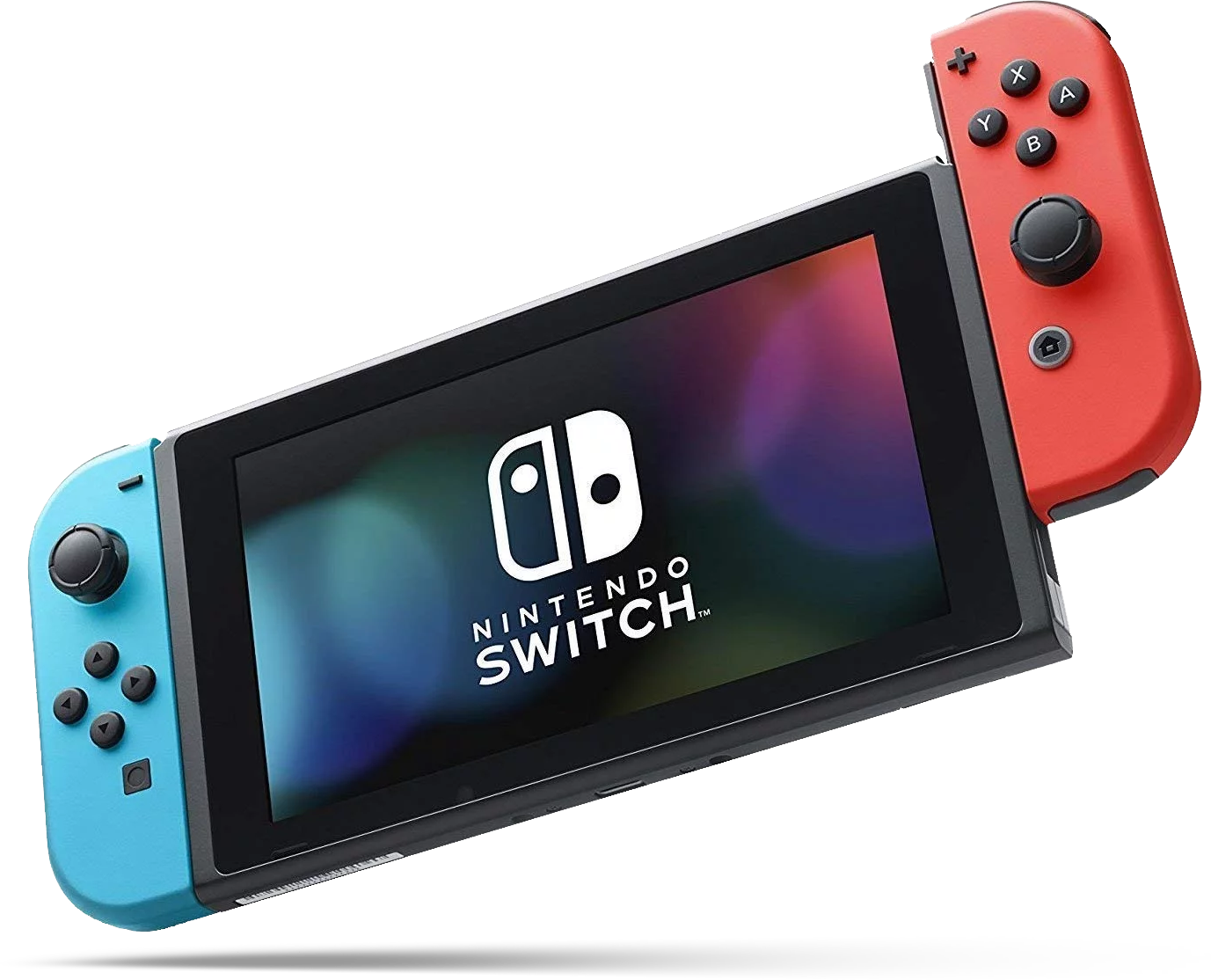How Nintendo Switch will replace my iPad
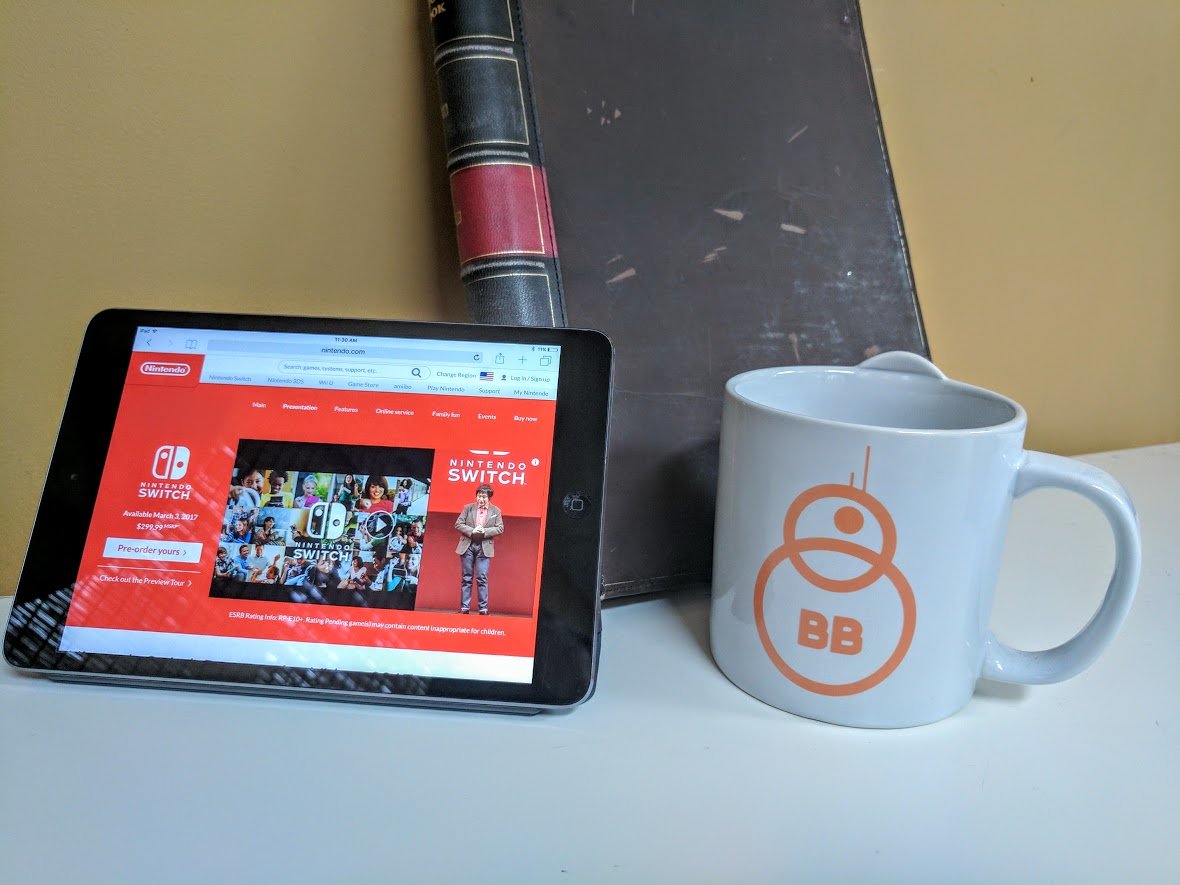
I'm a fan of the iPad Mini. The full size iPad has always been too big for my use, so you can probably guess what I think of the iPads Pro. I stood in line on launch day for a Mini, and it's been my favorite tablet ever since. It's one of the few things Apple makes where I genuinely feel like I was the consumer in mind, and despite my typically Android lean when it comes to phones, I've thoroughly enjoyed the experience.
But there's a reasonable chance I'm going to be putting my iPad Mini away on March 3rd and picking up a Nintendo Switch as the slightly larger screen that travels with me everywhere.
Shifting Ecosystems
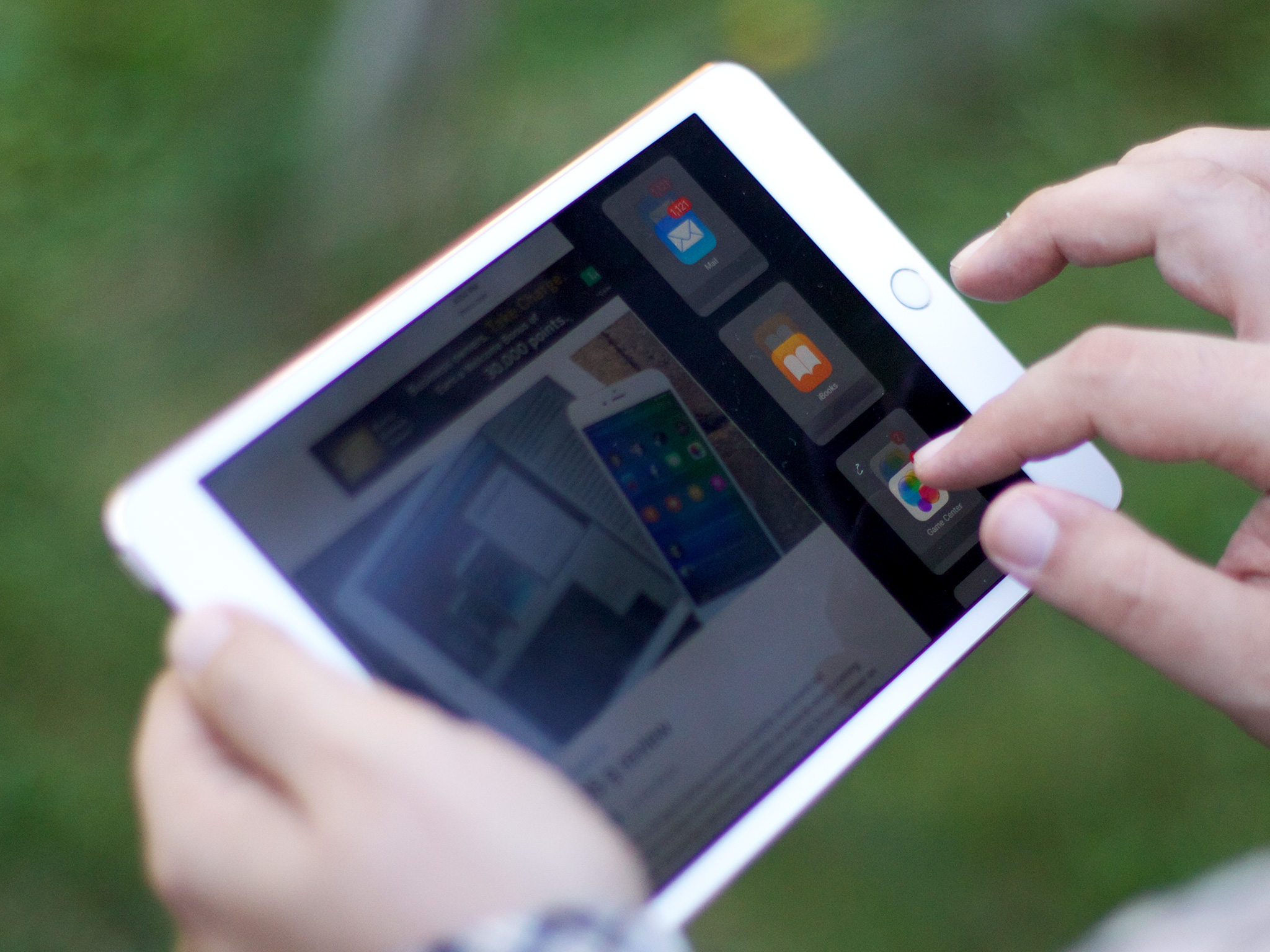
To be perfectly clear, there's nothing especially unique about Nintendo's Switch that has me thinking "wow this is going to be way better than my iPad" right now. My decision to set the iPad Mini down and look for something else has just as much to do with changes in the market and changes within Apple, which is worth talking about.
When I first picked up an iPad Mini, phones were smaller. Apple was releasing the now iconic iPhone 5, Samsung was trying to convince people the Galaxy S3 was "inspired by nature", and 4.3-inch displays were considered a little on the big side. Today, Apple's small phone is 4.7 inches and more people lean toward 5.5-inch displays every day. Websites feel less cramped on the iPhone 7 Plus display, and watching a quick YouTube video is better when you don't feel compelled to grab the larger display.
Put simply, I am less compelled to reach for that 7.9-inch display unless I know I'm going to be using it for a while.
I've followed the iPad Mini journey over the last four generations, and to be honest, not much has changed since the iPad Mini 2. It could certainly be argued that not much needed to change once this small tablet gained a Retina display or that adding smoother Touch ID and a better camera in the iPad Mini 4 are worthy upgrades, but really that's not enough to justify an upgrade for a lot of people. I can still pick up my iPad Mini 2 and do everything I would do on my iPad Mini 4, and while that's great, it makes me wonder if stagnation is all that can be expected from this tablet size moving forward.
My iPad Mini is somewhat less useful to me with recent versions of iOS. Apple's UI decisions, which often work well on the iPhone and full size iPads, simply don't work as well on the iPad Mini. The smaller touch targets cause frequent rogue taps, because many apps are built for iPad and just shrink for iPad Mini instead of redesigning for the smaller size. It shouldn't feel like it would be less effort to open the same app on my iPhone 7 Plus, but it frequently does.
Put simply, I am less compelled to reach for that 7.9-inch display unless I know I'm going to be using it for a while. It's great for mounting in my kitchen to stream video while I cook or playing games when I'm waiting for my daughter to finish Gymnastics practice, and that's fine. This is my portable media consumption device, and it does that very well. I'm certainly aware that my use case is not every use case or even the most common, but knowing my iPad Mini has slowly become something that could be replaced fairly easily is a big part of my desire to see if other options would better suit my needs.
Master your iPhone in minutes
iMore offers spot-on advice and guidance from our team of experts, with decades of Apple device experience to lean on. Learn more with iMore!
Worth the Switch
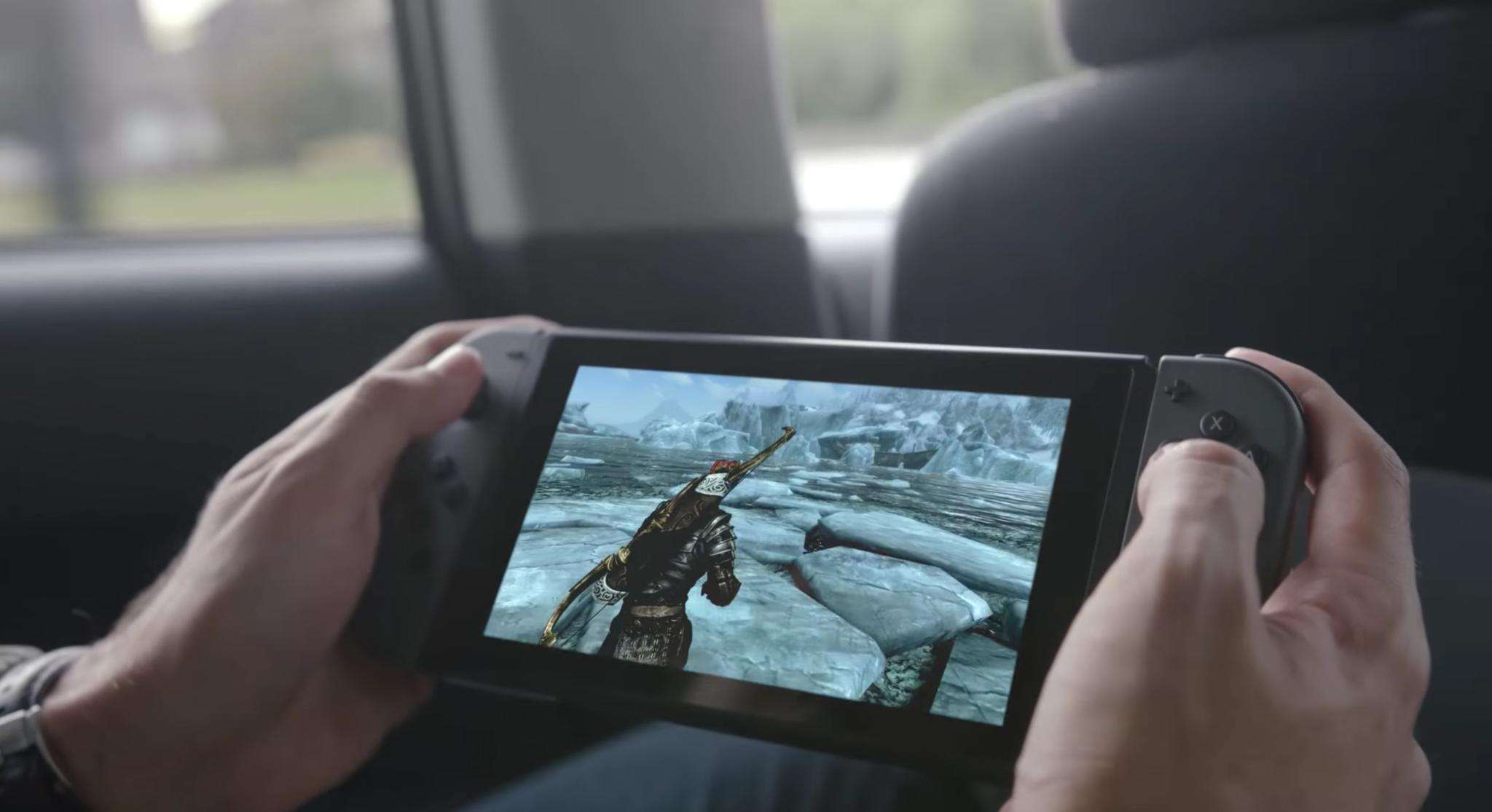
If I'm already using my iPad Mini mostly as a media consumption tablet, it seems like Nintendo's new console would be a natural replacement. It's small enough to be just as portable, and assuming you don't consider Lightning a feature, Switch uses the same USB-C charging most of my other devices already use. Also, while gaming on iOS has come a long way over the last two years, Switch gaming will be an entirely different universe of content.
Nintendo's recent efforts in the mobile space are a great deal of fun, but pale in comparison to titles like Legend of Zelda: Breath of the Wild and Splatoon 2. These are full AAA experiences that can be taken anywhere and immediately enjoyed with fellow Switch owners because the platform was built specifically for this purpose. There are no iOS games that encourage me to meet up with fellow iPhone and iPad owners so we can all play together LAN party-style and enjoy each other's company. Aside from Pokemon Go, mobile gaming is a largely solo experience.
I'm excited by Nintendo's efforts to be different and design something that exists between tablet and game console.
The games look great, but the controls are really what sold me on Switch. Individual Bluetooth controllers that can either come together to form a single controller or allow for two-player local gaming? Mobile gaming frequently doesn't even get single Bluetooth gamepad setups right, and to be able to connect the controllers directly to the tablet so it all feels like one system is a fantasy in the mobile world. The few times it has been attempted, especially for tablets, have been tragically unsuccessful.
On the subject of things no other company is doing well right now, Nintendo's dock is brilliant and works flawlessly. There are videos of Nintendo reps pulling the tablet out of the dock in the middle of gameplay, continuing to play on the tablet for a minute, and then re-docking to put the game back on the television in an instant. Apple, Google, and Microsoft are all working in different ways to offer a single experience on every display with all of your information always available to you. This dock is pretty far from a design decision Apple would make, and this tablet will never actually compete with what Apple has accomplished with Continuity, but the effect of this simple design and its polished execution are important.
There are plenty of unknowns with Switch worth considering. It's looking more and more like Nintendo is using something similar to the Taptic Engine for vibration, but it isn't clear just how open that is or how indie developers will be able to take advantage of it. Nintendo's presentation was almost entirely focused on Nintendo, which leaves a lot of questions about third-party diversity for the platform. The demo areas were also totally missing things like streaming video apps and a web browser, both things that got heavy focus when the Wii U was announced. It's unlikely these things are completely gone, since they even exist on Nintendo's 3DS platform, but the lack of information in general isn't great.
Onward to better gaming
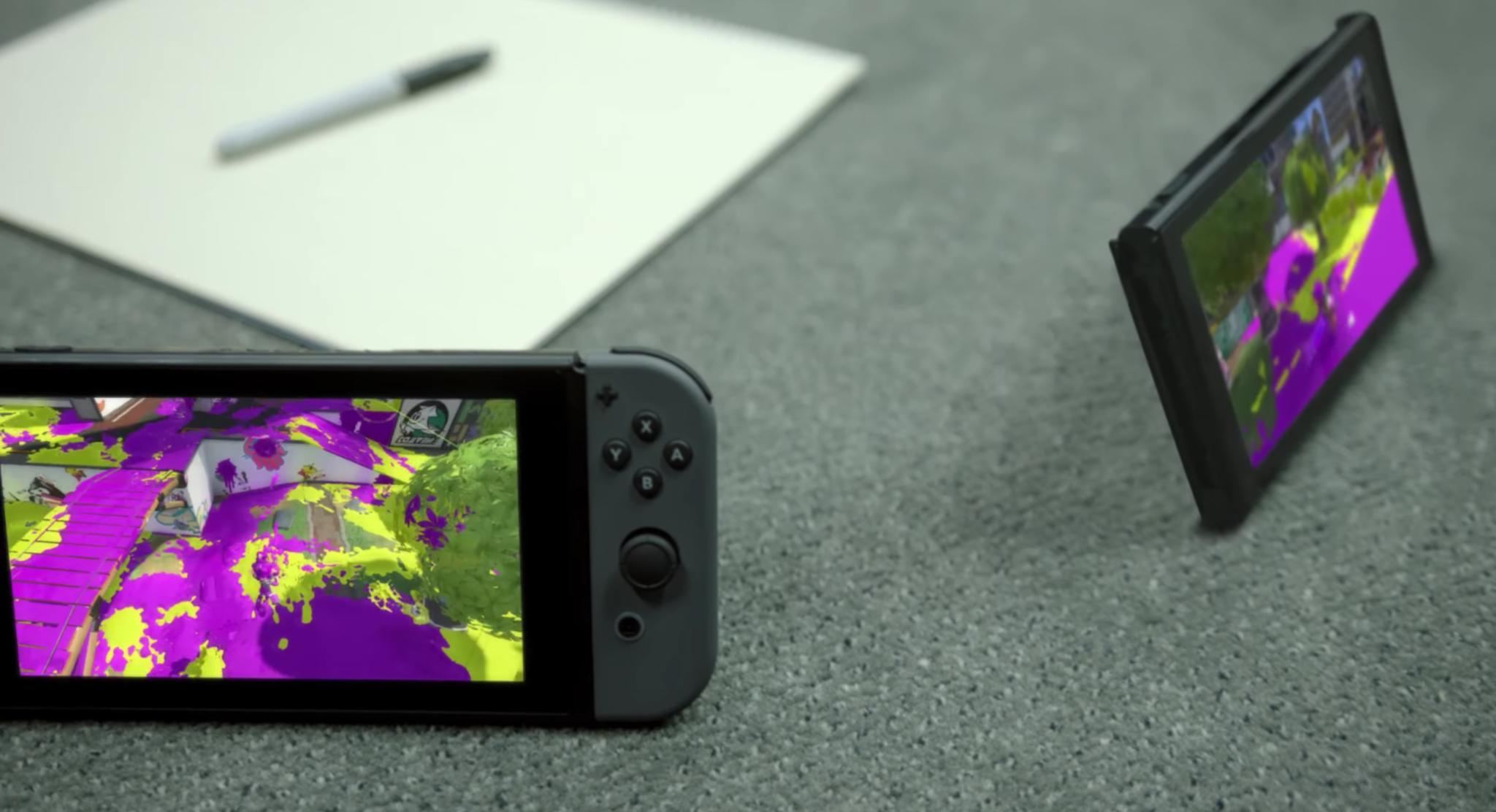
I'm excited by Nintendo's efforts to be different and design something that exists between tablet and game console. Switch represents so many technically impressive concepts thrown together with games that grab me by the nostalgia. The 2017 roadmap for Switch appeals to me in many different ways, so much so that I'm a little concerned there may need to be a second Switch in the house so I don't have to worry about sharing all the time.
The thing that really keeps Switch on my mind right now is the fate of tablets in general. This is a category that doesn't need a solid hardware refresh every year like our phones due to their inherent utility, but there's still plenty around the tablet that can be improved and defined. Nintendo has stepped away from the entrenched console gaming fight and potentially thrown down the gauntlet at tablet manufacturers. On March 3rd it will become clear to Nintendo fans all over the world that tablets still have plenty of room to grow, and watching the existing titans of the category respond is going to be interesting.
Russell is a Contributing Editor at iMore. He's a passionate futurist whose trusty iPad mini is never far from reach. You can usually find him chasing the next tech trend, much to the pain of his wallet. Reach out on Twitter!
